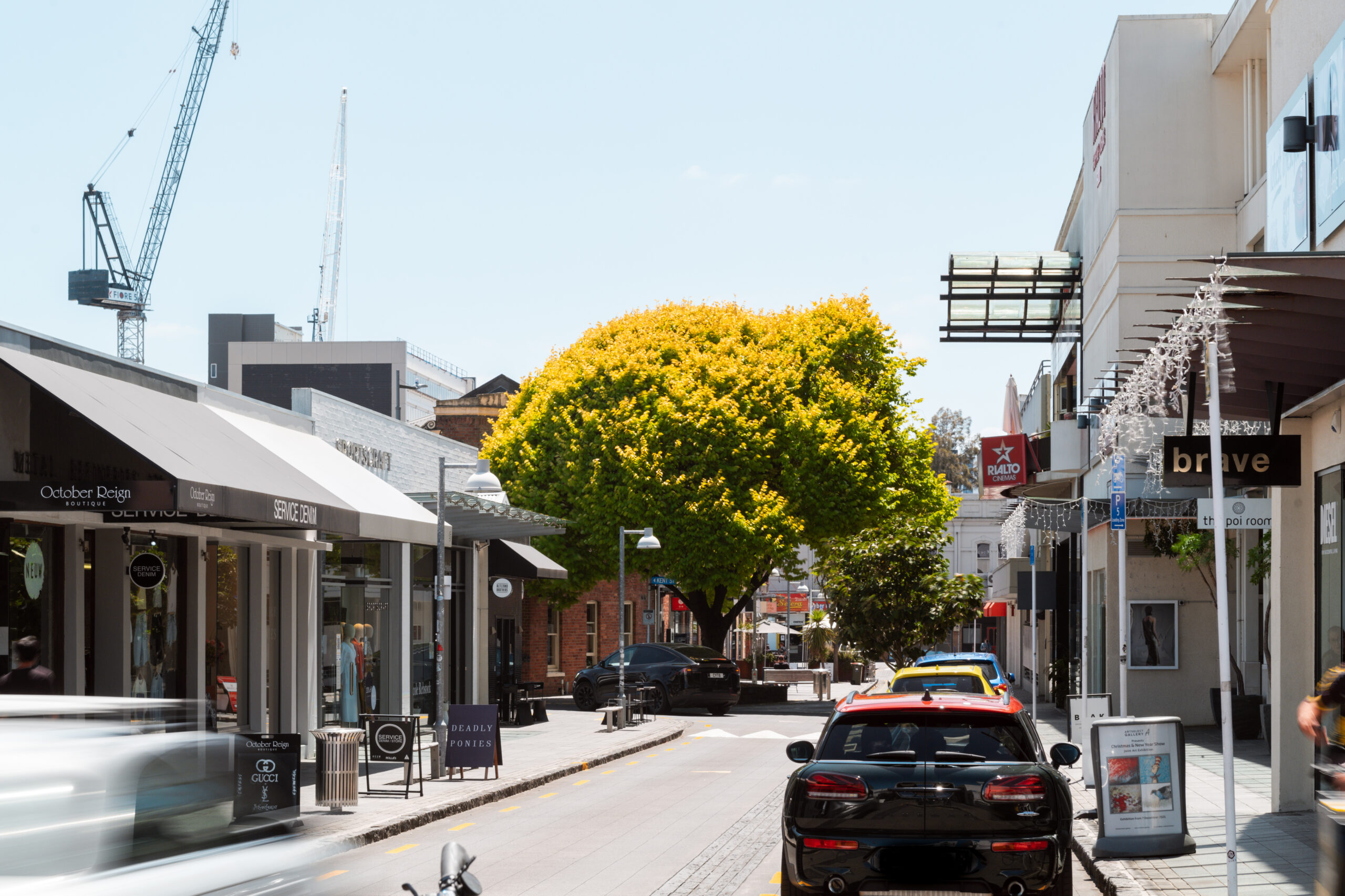
Reading Time: 3 Minutes
Thursday 7th July 2022
Across almost every sector, we are facing a labour shortage like none I have seen in my adult life. Many businesses are rising back up, on a long road to recovery, but they are facing very strong headwinds. Supply chain issues prevail, freight costs are rising, consumers are thinking harder about how they spend their money, and the labour supply is almost a drought. The hospitality sector, in particular, is really on the ropes.
Hospitality is the 7th largest employer in NZ, with over 137,000 staff, and 50% of those under 30 years of age. There has been a notable increase in the number of hospitality workers who are choosing the sector for professional careers, but also many younger people have long enjoyed the flexibility the sector offers for part time and casual work. However, right now with a lack of working holiday visitors, the available pool of talent is running dry. Unemployment is at 3.2% and according to new Immigration Minister Michael Wood “low unemployment is a good thing” – this is only partly true. Having spent a sizeable chunk of my career working in the recruitment sector, I know only too well how challenging it can be to find good talent, in good times, but especially when the labour market gets tight. When unemployment gets below 4%, the labour flow seizes up, and the candidates in that pool tend not to be “work ready” and will often require significant interventions to get them to a suitable employable level.
The Minister has raised the hackles of the hospitality sector with his recent comments along the lines that the sector needs to lift its game to attract people. It’s always risky when you start a new leadership role, or in this case, ministerial portfolio, with all the answers, before taking the time to do proper research and speak to a wide cross-section of people before reaching any conclusions. Many a CEO has fallen into that trap.
COVID and the traffic light system has acted like a wrecking ball and put the hospo sector on its knees. Hospitality spend in 2022 is down on 2021, which was down on 2020, which was down on 2019. The losses are compounding. Comments that Wood has “spoken to some workers who have poor work conditions” paints a false picture of reality. Hospitality business owners have worked their butts off to survive. They are paying higher wages. They have had to pull out all the stops to maintain viability, borrowing large chunks of money to keep their business afloat, often having to top up their mortgages.
Now in winter 2022, many businesses have to close on some days of the week as they have no staff to cover. It is a crisis. It would be nice if the government was in step with the sector, and eliminated barriers so businesses could start to trade normally and rebuild their business. The knock-on effect is massive. Businesses can’t open, they buy less stock, less stock means less demand, less demand means less production, and on it goes. It will spiral.
If you’re a hospitality worker experiencing poor conditions, vote with your feet. There is a glut of opportunity out there, and the market will ultimately dictate who will thrive. And to be crystal clear, if there are businesses that are exploiting workers – throw the book at them, clear them out. MBIE needs to act with expedience on this. All too often it takes too long to take bring rogue employers to justice.
Mark Knoff-Thomas
Tags: NBA News